Beth Mole

Trustworthy journalism comes at a price.
Scientists and journalists share a core belief in questioning, observing and verifying to reach the truth. Science News reports on crucial research and discovery across science disciplines. We need your financial support to make it happen – every contribution makes a difference.
All Stories by Beth Mole
-
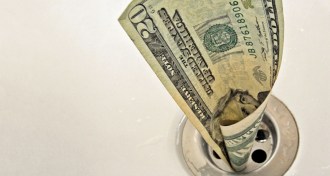
-
 Health & Medicine
Health & MedicineScience may get sidelined in artificial turf debate
Despite news reports about the potential harms of artificial turf, studies find synthetic fields have few health risks, although lead levels may be elevated in older fields.
-
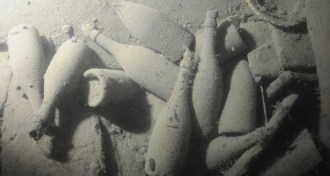 Chemistry
ChemistryShipwrecked bubbly gives chemists a taste of the past
Champagne preserved at the bottom of the Baltic Sea for 170 years has given chemists a glimpse of past winemaking methods.
-
 Environment
EnvironmentNatural acids in soil could protect rice from toxic nanoparticles
A common component of dirt makes toxic copper oxide nanoparticles less harmful to rice plants.
-
 Environment
EnvironmentLow levels of lead linked to lower test scores in children
A large study in grade-school children finds that even low blood levels of lead may be associated with poor school performance.
-
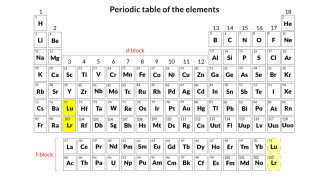 Chemistry
ChemistryNew data on synthetic element trigger rethink of periodic table
New data on lawrencium, element 103, trigger rethink of periodic table.
-
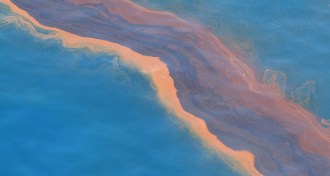 Environment
EnvironmentOil from BP spill probably sprayed out in tiny drops
Oil that gushed from the well in the 2010 Deepwater Horizon spill may have shattered into tiny droplets, with high pressures doing the work of dispersants.
-
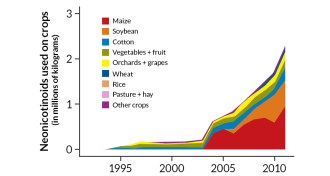 Environment
EnvironmentControversial insecticide use rises as farmers douse seeds
Use of neonicotinoids, a class of controversial insecticides, has risen dramatically, posing threat to pollinating insects.
-
 Environment
EnvironmentFive years on, Deepwater Horizon oil spill’s impact lingers
Five years after the Gulf of Mexico’s largest disaster, researchers are still studying its ecological impact and struggling to learn the fate of most of the spilled oil.
-
 Environment
EnvironmentFracking chemicals can alter mouse development
Hormone-disrupting chemicals used in fracking fluid cause developmental changes in mice, new experiments show.
-
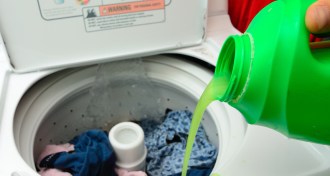 Materials Science
Materials ScienceSuds turn silver nanoparticles in clothes into duds
Bleach-containing detergents destroy antibacterial silver nanoparticles that coat clothes.
-
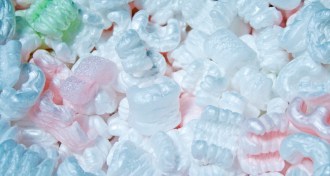 Chemistry
ChemistryIdea for new battery material isn’t nuts
Baking foam peanuts at high heat can form wee structures that lure lithium ions and could make for cheaper, more powerful batteries.